Are you struggling to keep your eyes open after a meal? That drowsy feeling that creeps in after finishing a big meal is related to the foods you’re eating.
Over 90 percent of Americans suffer from everyday symptoms of weak digestion. Fatigue after eating is just one of them. Discover some simple solutions to this common complaint by considering not only what you eat but how you eat as well.
Most of us have experienced the notorious food coma after a meal. Sometimes it’s discomfort, other times it’s a feeling of heaviness that leaves us drained of our energy.
Do you struggle with bloating, gas, constipation, or other digestive issues? We’ve created a FREE guide to healing your gut naturally.
Click here to get your FREE copy of our Digestion Guide!
Deep down we all know this isn’t necessarily how things should be. Food is fuel, and eating is best when it leaves us feeling satisfied and energized. However, what causes the urge to nap after eating — and, more importantly, is it cause for concern?
Generally speaking, that depends on the food.
Some foods boost our metabolism and give us more energy. Others cause a little bit of sleepiness after eating them and don’t worry — it’s completely normal.
However, if you’re feeling tired after every meal, then there a few factors that contribute to this post-meal experience. Here are a few things you can do to minimize those drowsy effects.
The Digestion Cycle

The body gets its energy from food, which is metabolized and broken down into fuel, or glucose, by our digestive system, particularly the liver.
When it comes to what we eat, it is the macronutrients that provide calories – energy – for our bodies.
However, there are thousands of processes occurring during this process of metabolism — the conversion of food into energy. More than just turning food into fuel, when we eat, our digestive system is also stimulated with many other responses.
For example, the hormones cholecystokinin, glucagon, and amylin are released to increase satiety. Blood sugar rises, then insulin is produced to allow sugar from the blood into the cells, where it is used for energy. (1)
It Could Be The Foods
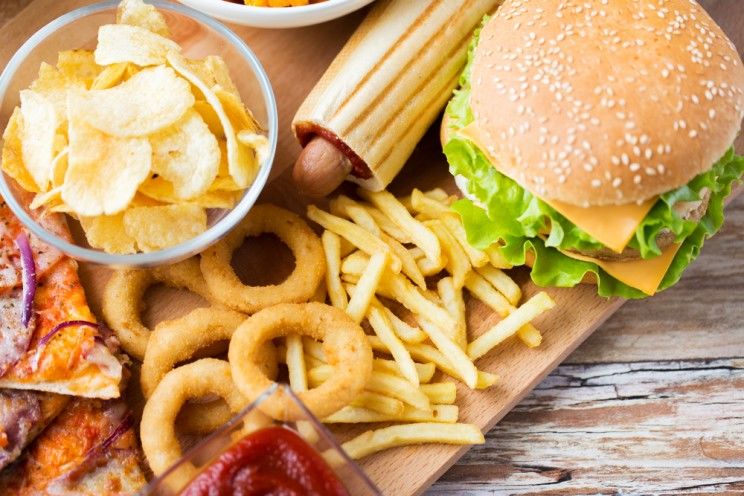
Foods higher in carbohydrates often produce more serotonin in the brain, which makes us feel good.
But too much of it can influence the production of melatonin, which can induce drowsiness. This is why we often feel sleepy after a big carbohydrate-based meal.
In short, not all foods have the same effect on your body. Some foods boost energy, while others promote sleepiness. Foods like cacao, green tea, and coffee actually boost stamina and vitality by increasing the metabolism.
On the other hand, some foods containing tryptophan can make you sleepier by producing serotonin.
Here’s just a short list of tryptophan-rich foods that might be making you sleepy:
Cherries, bananas, and other tropical fruits also affect melatonin levels due to their tryptophan content. They also contain high amounts of carbohydrates that spike blood sugar, followed by a dip in blood sugar that will induce sleepiness. (3)(4)
The good news is that there are foods that can have the opposite effect. For instance, a balanced diet that includes vegetables and healthy fats promotes sustained energy.
Drinking plenty of water, avoiding too much sugar, and eating smaller, more frequent meals can also help.
Poor Eating Habits and Low Energy

That is why there is no perfect diet. (5) What this means is that each of us reacts differently to certain foods.
If, for example, you had dinner with a professional athlete and both ate a light salad, you may leave feeling satisfied, while the athlete might have low energy and food cravings.
This is important to consider, because we may be eating all healthy foods, but if we aren’t metabolizing and digesting them properly, we won’t feel our best.
If you are experiencing low energy or are sleepy after eating — and you’re eating a whole foods Paleo diet — you may be eating out of line with your unique metabolic type. To really discover what that is, I would suggest looking up Dr. Kelley’s work with metabolic typing. (6)
Additionally, just as important as what we eat is how we eat. Poor eating habits can lead to poor digestion, low energy, and sleepiness.
Have you ever observed someone trying to eat his or her breakfast while driving through traffic? Or rushing through lunch one bite every few minutes because they don’t have enough time for a proper lunch?
Eating while we are stressed at all is never a good idea. The digestive processes are run by the autonomic nervous system. (7) The sympathetic nervous system turns off digestion, and the parasympathetic system turns it on.
Activity, work, and stress turn on the sympathetic nervous system, while relaxation, laughter, and peaceful states turns on the parasympathetic system.
Put simply, our bodies need an uplifting and relaxed environment in order to properly metabolize, digest, and assimilate our food. If that is not available, then we should at least be sitting down to eat — not standing, walking, or driving our way through a meal.
8 Tips To Stay Awake Naturally
The act of eating is a sacred life-giving experience. It’s supposed to be joyful and nourishing.According to Ayurveda, eating is something to be respected and is very important for the expansion of consciousness and, of course, our health.
In order to get the most from our meals, we will want to learn to cultivate better habits to support a healthier digestive system and ultimately a healthier us.
Here are a few natural ways to get more energy from your meals:
1. Have a Seat
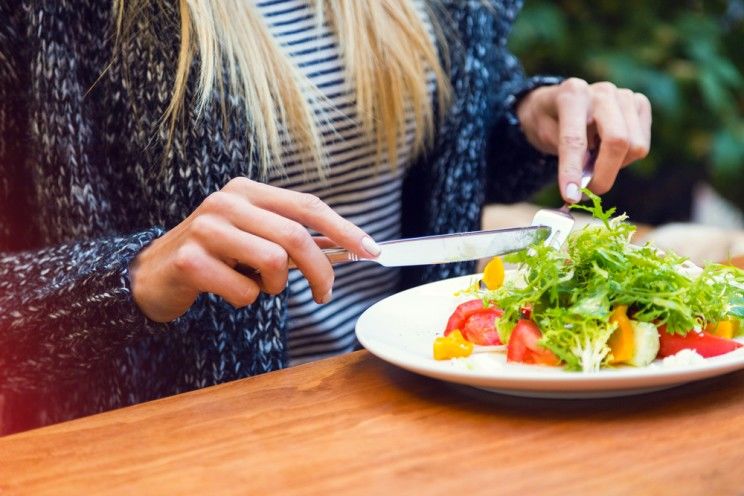
2. Take a Breath

3. Eat with Loved Ones

Surrounding yourself with people who can make you laugh, smile, and feel loved is a great way to get more bang for your buck when it comes to mealtime. Don’t believe me? Just try it! (10)
4. Build Stomach Acid
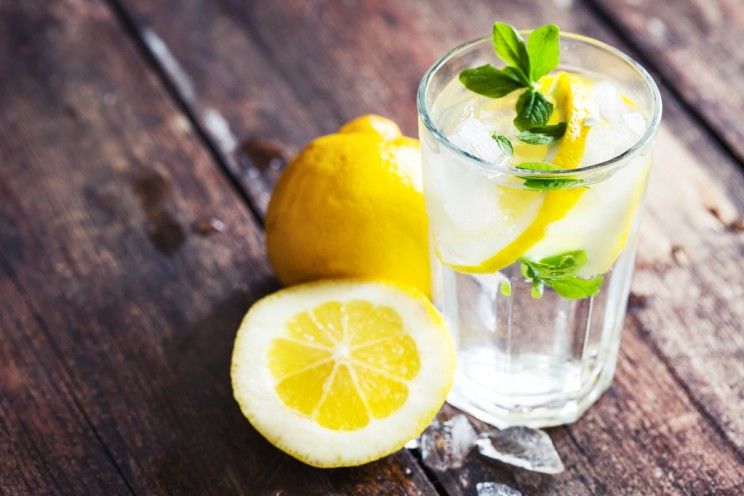
The best time to do this is just before eating. Low stomach acid may result in fatigue after eating.
Stomach acid is necessary for breaking down food in the stomach, particularly protein into amino acids. If we cannot do this, we may not only run into nutrient deficiencies in the long run, but also low energy in the short term.
A great natural way to support HCL production is with HCL supplements, apple cider vinegar, or an Ayurvedic tonic of lemon juice, ginger, and black pepper – all of which are very useful for building digestive efficiency. (11, 12)
5. Go for a Walk

Studies even show that when people went for a walk after eating a large meal, the rate at which food left the stomach increased. (13) Wait 15 minutes after eating to just relax with your food and enjoy, then schedule a walk somewhere around your environment.
After just one time of doing this, you’ll notice the difference.
6. Eat Chocolate

In other words, if you’re looking for a consistent energy boost and more efficient metabolism, be sure to include some high-quality dark chocolate in your diet.
I suggest using an organic raw cacao powder in smoothies or making your own chocolate to ensure the healthiest version. (14)
7. Drink Coffee

Caffeine specifically from coffee is responsible for the increase in both physical and mental energy that most people experience. It does this by increasing the effects of the neurotransmitters serotonin, dopamine, and acetylcholine.
Dopamine is known to affect levels of concentration by blocking adenosine receptors in the basal forebrain. This inhibits the signal from the brain when it’s time to go to bed, making you more awake.
Caffeine will also release more catecholamines (such as adrenaline) from the sympathetic nervous system, which tells the body it’s time to work — sending more blood to your brain and muscle tissues, while also telling your liver to release glucose (sugar) into the bloodstream for energy.
How much coffee you consume is a personal decision. Along with other recommendations as to what’s healthy and what’s not, science still doesn’t have all the answers, so the best solution is to be self-aware and in tune with your body.
Yes, there are benefits to caffeine and most things; however, even too much of a good thing can be harmful. The generally recommended amount is 1 cup per day, and to cycle on and off use. (15, 16)
8. Chew Gum

In basic terms, chewing sugar-free gum in between meals or while fasting can improve glucose levels and thus balance one’s energy.
The data suggests that chewing gum could potentially influence short-term energy balance in this population; however, longer-term research is needed. (17)



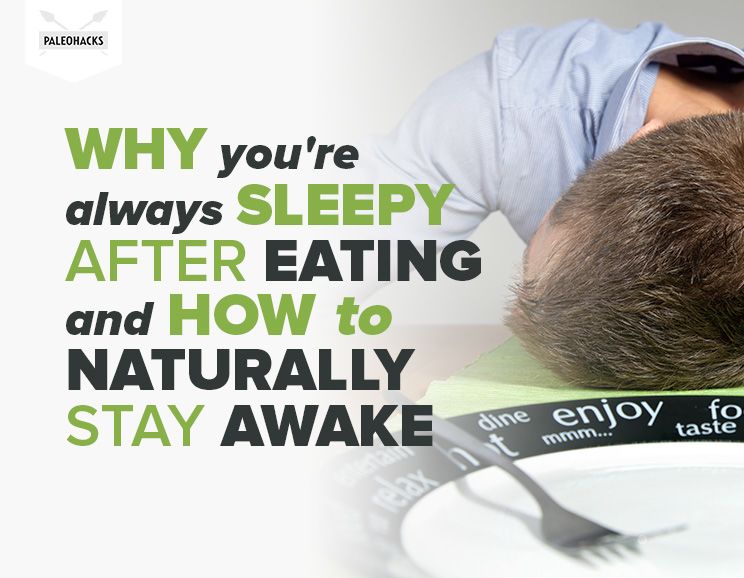
 Super Charge Your Workouts with SLOW High-Intensity Interval Training
Super Charge Your Workouts with SLOW High-Intensity Interval Training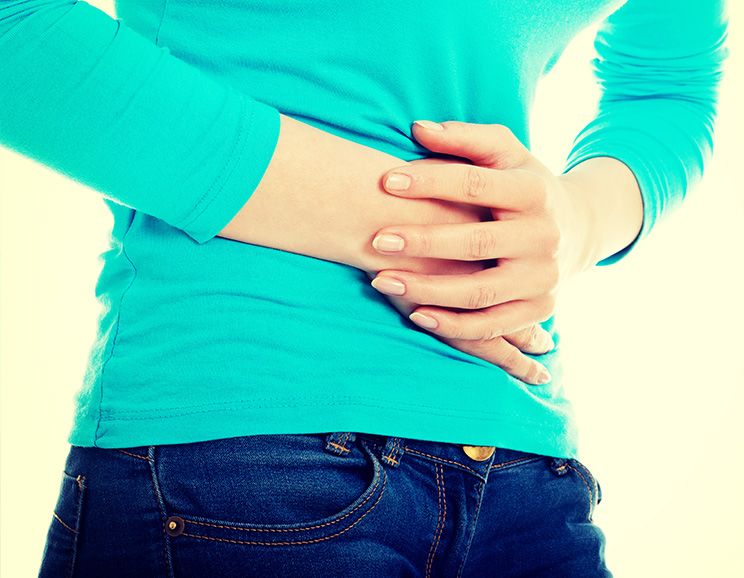

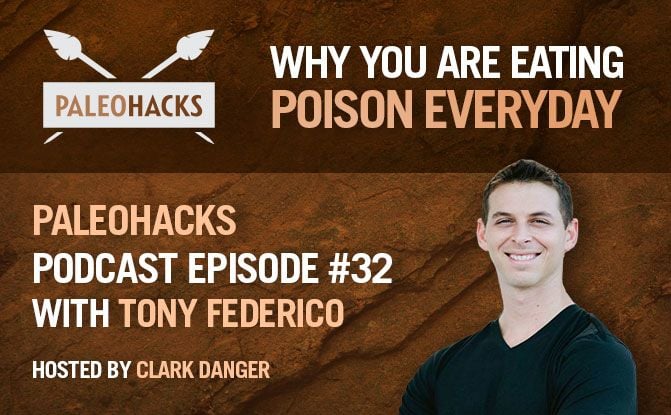
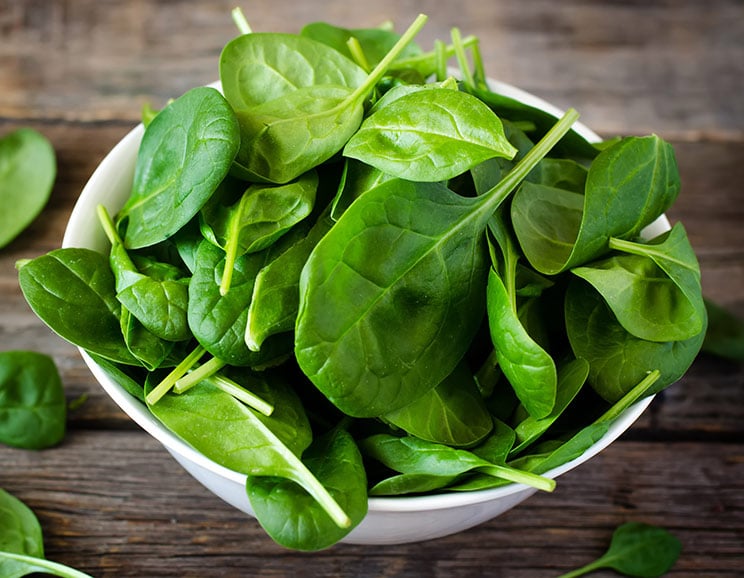
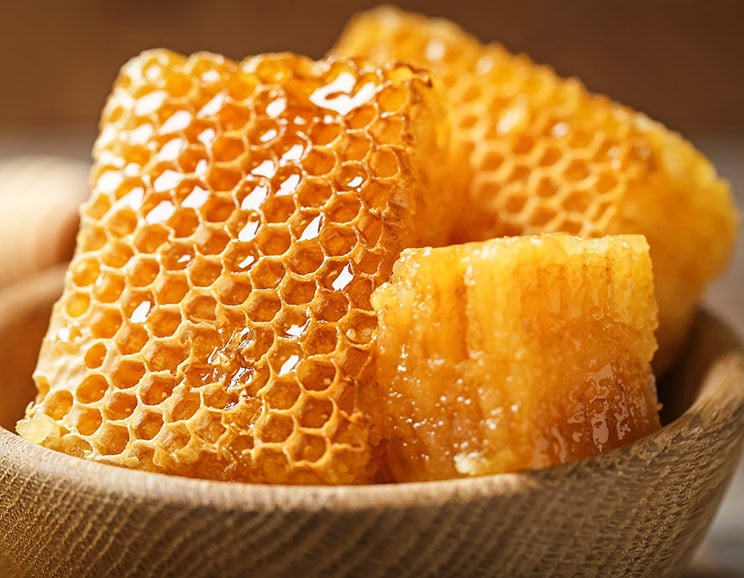
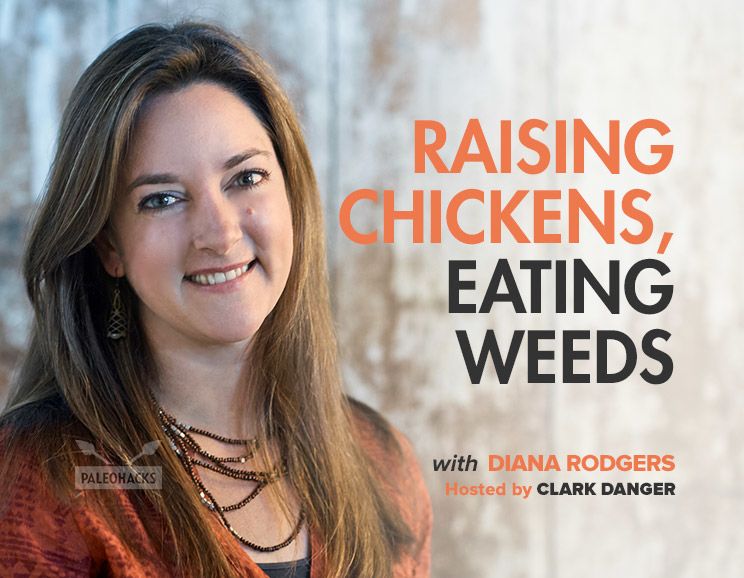

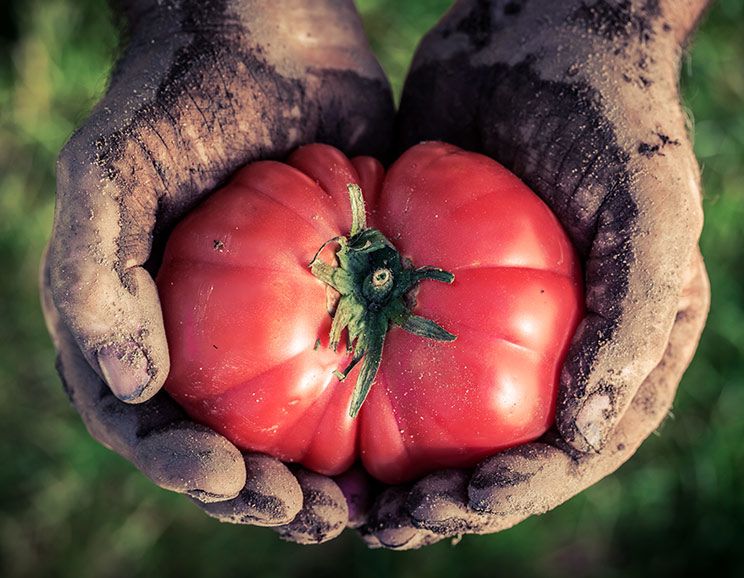


Show Comments